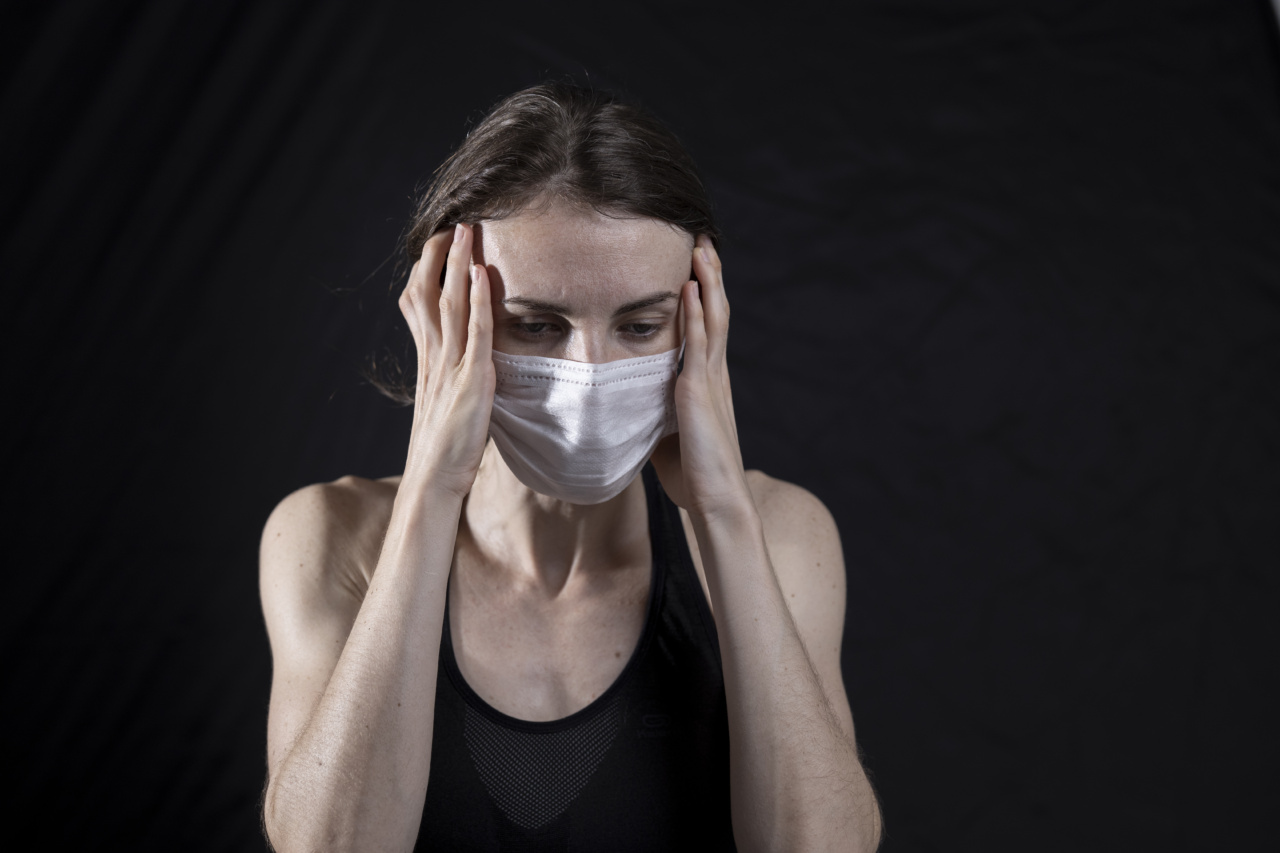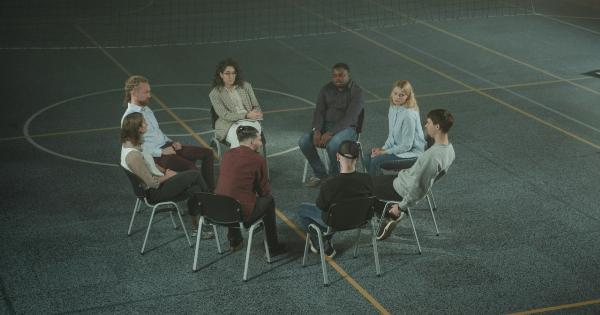Anxiety is a common experience for many people, and it can manifest in various ways. Women, in particular, are more likely to experience anxiety than men.
According to the Anxiety and Depression Association of America, anxiety disorders affect around 40 million adults in the US every year. Anxiety can have negative effects on your daily life, including your work, social life, and relationships. If you are struggling with anxiety, you may feel overwhelmed, stressed, and exhausted.
Understanding the root causes of your anxiety is essential to developing effective coping strategies.
Coping with Anxiety: Traditional Solutions
Traditionally, anxiety is treated with a combination of therapy and medication. Cognitive Behavioral Therapy (CBT) is a common type of therapy that aims to change negative thoughts and behaviors.
It can help you identify the triggers of your anxiety and learn positive coping mechanisms. Medications such as antidepressants and anti-anxiety drugs can also be effective in reducing anxiety symptoms.
The Limitations of Traditional Solutions
While traditional methods can work for many people, they are not without limitations. Therapy can be costly, and medication can have unwanted side effects.
Antidepressants, for example, can cause weight gain, sexual dysfunction, and other unpleasant symptoms. Additionally, some people may be resistant to medication or therapy. In these cases, alternative solutions may be necessary.
A New Alternative: Benign Breakthroughs
One innovative approach to managing anxiety is through “Benign Breakthroughs”. This approach aims to create a personalized plan for managing your anxiety that is unique to your needs.
The main idea of Benign Breakthroughs is to identify benign things that you enjoy doing and find ways to incorporate them into your regular routine. These breakthroughs can be something as simple as taking a walk around your neighborhood or listening to your favorite music.
By incorporating these activities into your daily routine, you can shift your focus away from anxious thoughts and onto positive and enjoyable experiences.
The Science Behind Benign Breakthroughs
The basic science behind Benign Breakthroughs is rooted in neuroplasticity. Neuroplasticity refers to the brain’s ability to change and adapt as we grow and learn.
By practicing positive activities regularly, you can actually change the way your brain processes information. These positive experiences can help rewire the brain so that you are less likely to experience anxiety in the future.
Getting Started with Benign Breakthroughs
If you are interested in trying Benign Breakthroughs as a solution for your anxiety, there are a few steps you can take to get started:.
1. Make a List of Benign Activities
Take some time to think about the activities that make you feel good. This can include anything from reading a book to taking a hot bath. The key is to focus on activities that are enjoyable and don’t create additional stress.
2. Incorporate Them into Your Routine
Start incorporating these activities into your daily routine. This can be as simple as taking a few minutes each day to read a book or meditate. Try to make these activities a regular part of your routine so that they become habitual.
3. Track Your Progress
Keep track of the impact that these benign activities have on your anxiety. Notice how you feel before and after doing these activities. Over time, you should see a positive change in your overall anxiety levels.
Conclusion
Anxiety can be a challenging and overwhelming experience, but there are alternatives to traditional solutions. Benign Breakthroughs is an innovative new approach that focuses on incorporating positive experiences into your daily routine.
By rewiring your brain, you can learn to manage your anxiety and improve your overall quality of life.































